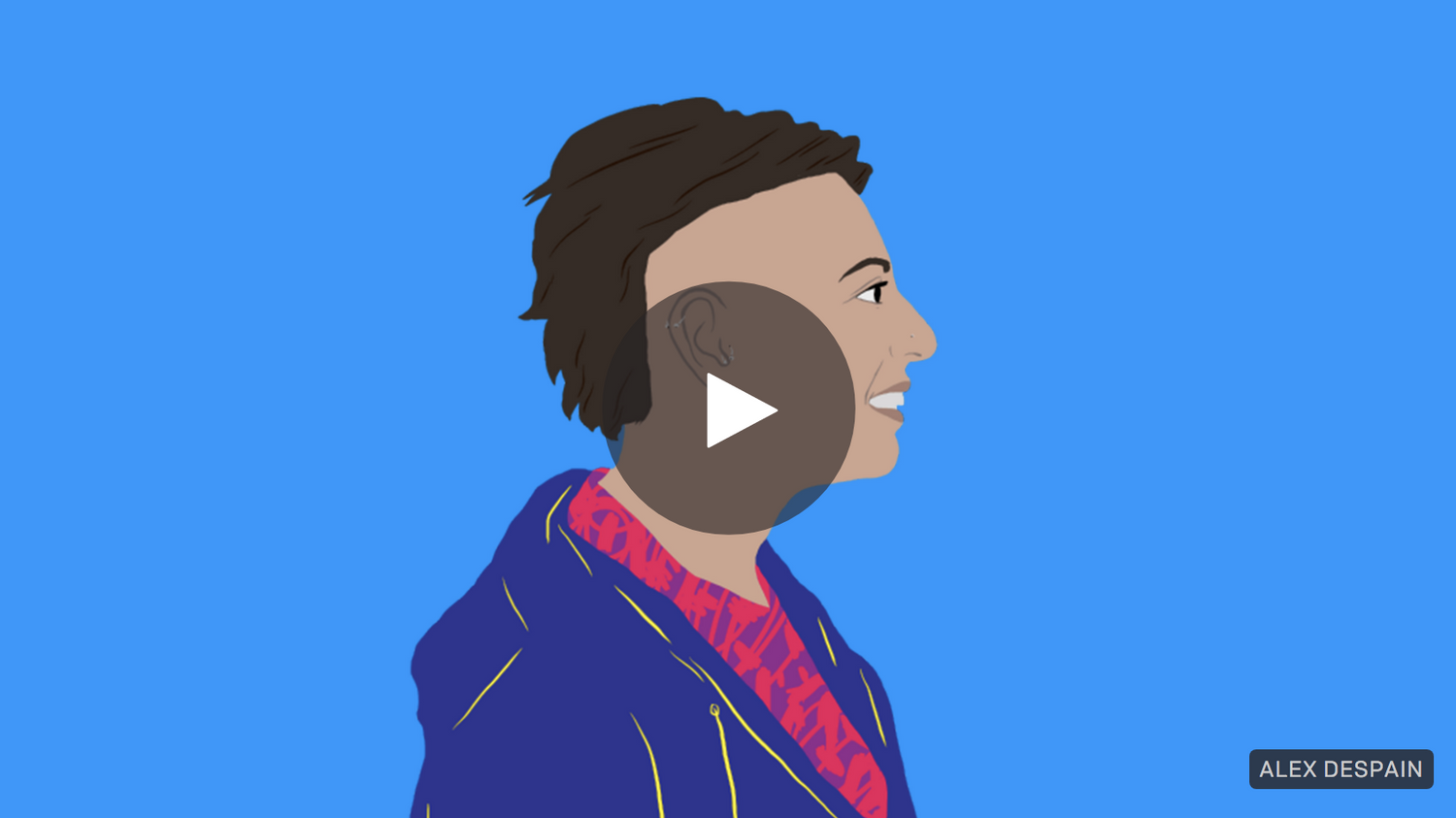CEEA keynote: "Towards Innovative Engineering Education"
July 20, 2017
Last summer, I was invited to give the opening keynote of the 2017 Canadian Engineering Education Association Conference, which was held at my alma mater, the University of Toronto. It was a genuine honor to be asked to speak there, and enjoyable to be back on campus after so many years away, seeing both what was new and what was unchanged. Here's my abstract of the talk:
Innovation doesn’t exist for its own sake; the value of innovation is that addresses needs that are previously unrecognized or unmet, sometimes with emergent technology. The way we teach engineering has deep historical roots, and is shaped by culture, experience and technology (some of which we no longer even immediately recognize as technology): from the founding of the first universities a thousand years ago, to the Cold War, to how Tetris and Minecraft embody different kinds of learning behaviour. But there are also clear unmet needs, including inclusivity, motivation, and preparing our students for a professional life that’s very different from previous generations. In this wide-ranging talk, I’ll discuss how we think about learning engineering, rooting it in concepts drawn from educational psychology (including motivation and self-efficacy), and from research in new approaches to engineering education (such as the role of hands-on and project-based learning), with the goal of using this deeper understanding to both create innovative learning experiences for our students and to better equip them to foster innovation themselves.
Also, I tend to talk fast at the best of times but I seem to be especially mile-a-minute in this talk—my apology to all the non-native English speakers. I'm going to try to pull together a transcript as well.
#engineering #education #innovation #speakingArchitectural biology and biological architectures
June 27, 2017
Eyeo 2017 - Deb Chachra from Eyeo Festival // INSTINT on Vimeo.
I was delighted to be invited to speak at the brilliant Eyeo Festival in Minneapolis this year. I gave a talk about the last two hundred or so years, and the next fifty or so years of engineering structures, in which I argue that increasing computational power, embedded sensors, and the ability to carry out fabrication in situ means that architecture is approaching the geometries and responsiveness to mechanical force of tissues in organisms. And yes, I was indeed delighted at the chance to spend fifteen minutes explaining bone biology to a roomful of designers.
#speaking #design #technology #engineering #biology #materials“Making Makers”: my talk at Design Week Portland
May 18, 2017

In April 2016 I gave a talk as part of Design Week Portland, which focused on making and education. In it, I describe how making is an important part of education not because students make things, but because the way we teach making in classrooms fosters motivation and engagement, and I argue that we should extend these pedagogical approaches across the curriculum.
#speaking #engineering #education #makingGender differences and design
April 11, 2015

I was invited to give a talk at the Matter[ing] by Design symposium at Parsons/New School, and I spoke about gender differences and design, including Lego, snowboards, artificial hearts, and engineering education. My talk starts at the 19 minute mark, but I highly recommend the talk that follows mine (at 35min) by Genevieve Bell, an anthropologist, who was then at Intel.
#gender #design #engineering #education #lego #speakingLessons from engineering for law education
April 2, 2015
At Olin College, we've spent a lot of time thinking about how to reshape engineering education in the face of both technological and cultural changes. In the summer of 2014, I was invited down to Elon University School of Law to be on a panel about experiential education, to talk about how we might apply what we've learned about teaching engineering to reconsidering how we might teach law. I also wrote a companion article for the Elon Law Review, "Preparing for the Future of Law: Lessons from a New Engineering School". Here's the abstract:
Like a number of other professions, the field of law is undergoing a significant upheaval due to a confluence of social and technical factors; in particular, there has been an imminent rise of technologies to supplant (or augment) many of the activities of practicing lawyers. In response to these changes, law schools have the opportunity to redesign their curricula and pedagogical approaches to be more responsive to the needs of their students, helping them to develop the skills and abilities that will serve them well in this new world. This article outlines some ways of thinking about and creating these new educational experiences, informed by the author’s experiences as one of the early faculty at the Olin College of Engineering, an undergraduate institution that was created to address similar challenges in the profession of engineering.
You can read the whole article here. [PDF]
#engineering #education #speaking #writing #law #futureTags